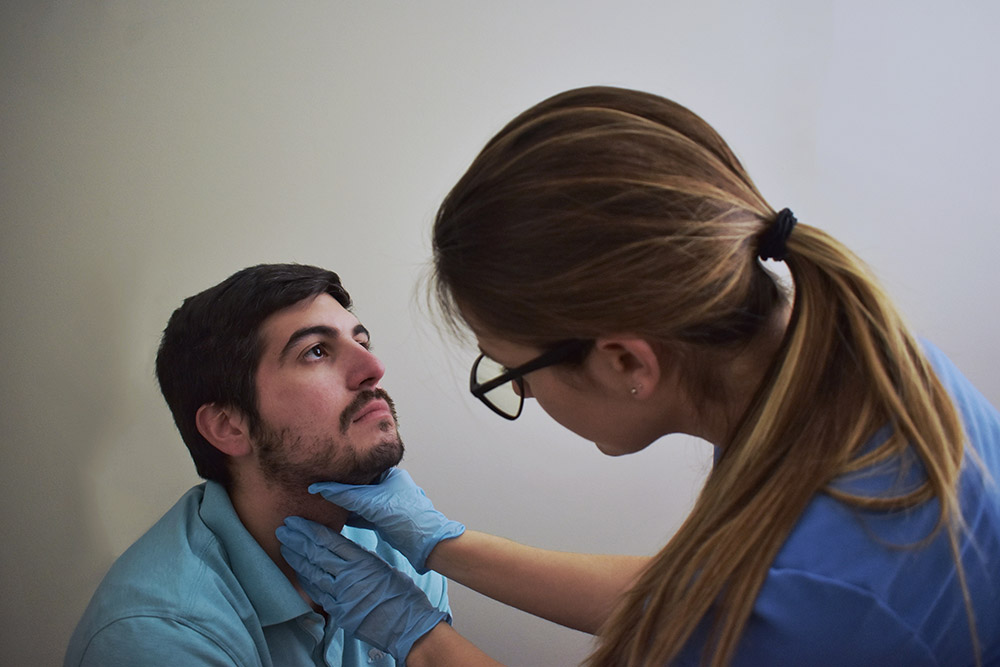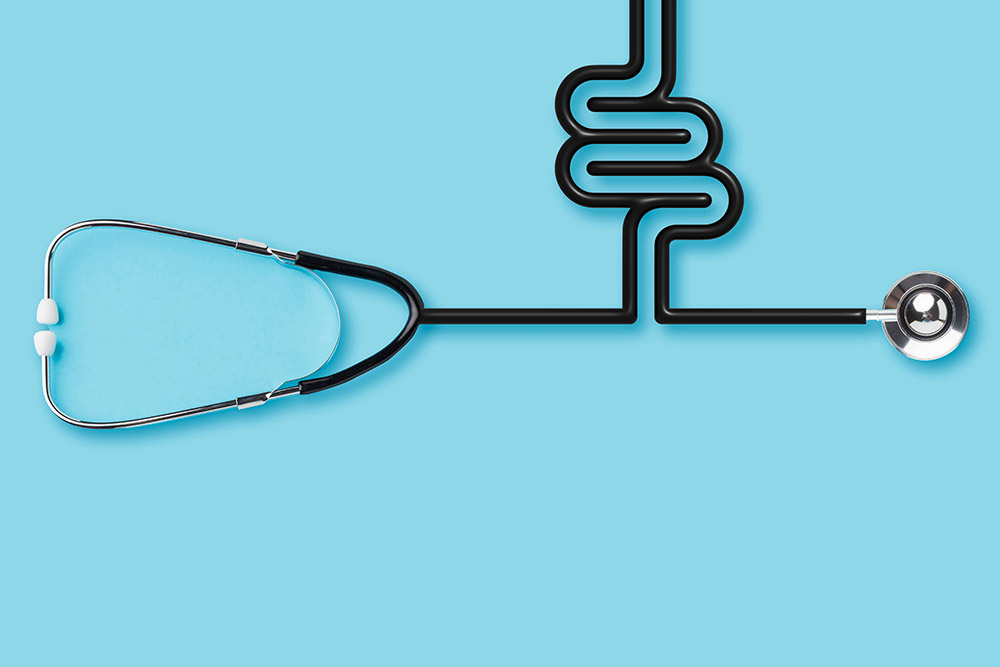Expert Treatment for Difficulty Swallowing by Dr. Bharat Pothuri
Dr. Pothuri uses a step-by-step approach:
Medical History and Physical Exam
He asks about your swallowing symptoms, eating habits, stress levels, and any associated chest or epigastric pain. He then examines your throat, neck, and abdomen for tenderness or masses.
Barium Swallow Study
You drink a contrast solution while X-rays capture its journey down your esophagus-revealing strictures, motility problems, or sites of obstruction.
Upper Endoscopy (EGD)
An endoscope is passed through your mouth to directly visualize the lining of your esophagus and stomach. Dr. Pothuri can also obtain biopsies to rule out inflammation, eosinophilic esophagitis, or tumors.
Esophageal Manometry
This procedure measures the strength, coordination, and timing of your esophageal muscle contractions-essential for diagnosing motility disorders like achalasia or spasm.
pH Monitoring (if reflux is suspected)
A small probe records acid exposure in your esophagus over 24 hours to confirm GERD-related damage contributing to dysphagia.
Additional Imaging (as needed)
- CT scan or MRI to assess for masses, rings, or external compression.
- Endoscopic ultrasound for detailed evaluation of submucosal lesions.

Frequently Asked Questions
What is dysphagia?
Dysphagia means trouble swallowing. It can affect solids, liquids, or both and may cause choking or coughing during meals.
What causes dysphagia?
Common causes include stroke, GERD, esophageal strictures, neurological disorders (Parkinson's), and cancer in the throat or esophagus.
How is dysphagia diagnosed?
Your doctor may order a barium swallow X-ray, endoscopy, or a modified barium swallow study to observe swallowing in real time.
What treatments are available?
Treatment depends on cause: swallowing therapy with a speech-language pathologist, dilation for strictures, medications for reflux, or surgery for structural issues.
Can diet changes help?
Yes. Textures may be modified (pureed foods, thickened liquids) to reduce aspiration risk. A dietitian can guide safe meal plans.
When should I see a specialist?
Seek evaluation if you have persistent coughing, choking, weight loss, or food sticking in your throat for more than two weeks.
Is dysphagia dangerous?
Untreated dysphagia can lead to malnutrition, dehydration, and aspiration pneumonia. Early management is key to preventing complications.
How long does recovery take?
Recovery time varies by cause and treatment-speech therapy may take weeks, while surgical fixes can heal in days to weeks.












